After 15 years as Bill Shankly’s right-hand man, Bob Paisley was a reluctant successor but his feats at the helm are one of legend.
Bob Paisley joined the Reds’ playing ranks in 1939, would serve in the Second World War and then return to help clinch the First Division title in 1947.
A future in management awaited when he hung up his boots in 1954, but he would first re-join the ranks as a physiotherapist before stepping into the role of reserve team coach and then subsequently first-team trainer.
The arrival of Bill Shankly in 1959 would forever alter Liverpool Football Club and with it, the trajectory of Paisley’s career, as his role as assistant manager would then steer him into the hot seat upon Shankly’s retirement in 1974.
Paisley had been “happy to play second fiddle” to the Scot and was resistant to succeed Shankly, following his shock retirement announcement, after 15 successful years which returned three league titles, two FA Cups and a UEFA Cup.
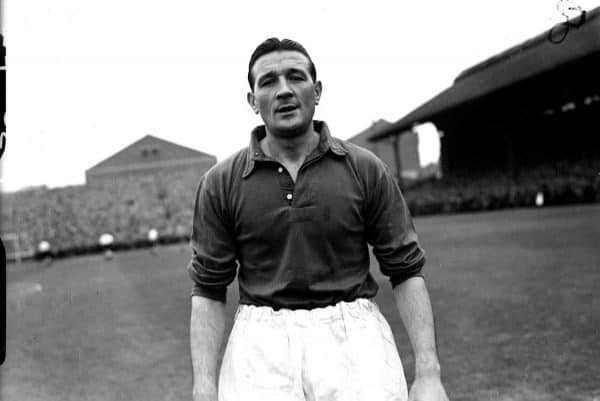
Former Liverpool chief executive Peter Robinson even admitted that “the chairman, directors and I had to gang up on him,” in order for him to assume the position.
Ray Clemence provided this insight into the words the humble genius would later utter:
“I’ll never forget him standing in the dressing room in the summer of 1974 on the first day of pre-season training and telling us: ‘Shanks has gone and they’re giving me the job even though I didn’t really want it. But we must try to carry on what he’s started.’”
And that they did.
An introvert and not one for the spotlight, Paisley was content to let others take centre-stage and let the achievements speak for themselves as he continued to hone his craft without any prying eyes.
But the demands of the press would now require him to step out of the shadows in a multitude of ways, and the enormity of what lay ahead was not lost:
“It’s like being given the Queen Elizabeth to steer in a force 10 gale,” Paisley had confessed to the press.
On July 26, 1974, Paisley was officially ushered into the manager’s position at Anfield, 35 years after first joining the club.
It was no secret that Shankly’s success would be a tough act to follow, and his first season as manager would end without silverware, but it would be the first and last time in the eight seasons which followed.
The Reds’ domination would extend not only to English football but Europe too as Paisley and his men would secure the European Cup, not once but an unparalleled three times.
He became the first man to manage three European Cup-winning sides, and would later be joined by both Carlo Ancelotti and Zinedine Zidane, who matched the feat in 2014 and 2018 respectively.
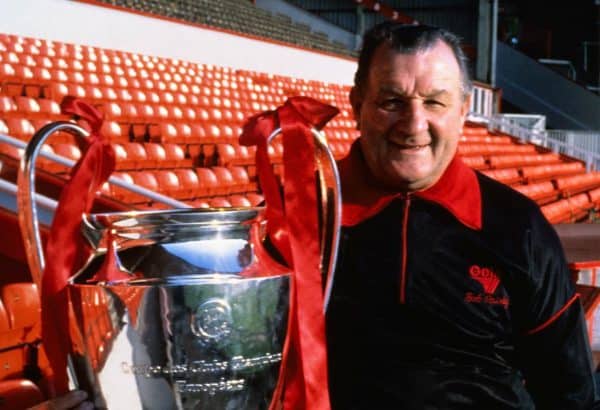
In addition to Paisley’s expert knowledge of the game, his ability to identify and pick players from obscurity became a hallmark of his management career.
The likes of Kenny Dalglish, Alan Hansen, Graeme Souness, Ian Rush, Alan Kennedy, Ronnie Whelan and Mark Lawrenson all signed for the Reds during his time at the helm, and each would etch their place in Liverpool folklore in one way or another.
And after nine seasons as manager, Paisley would bid farewell with six First Division titles, three European Cups, one UEFA Cup, one UEFA Super Cup, three League Cups and six Charity Shields.
Once his time at the helm came to an end in 1983, Paisley had loyally served Liverpool Football Club for 44 years.
He would then continue his association with the club as a director and would arm Kenny Dalglish with a wealth of knowledge when he took over as manager in 1985.
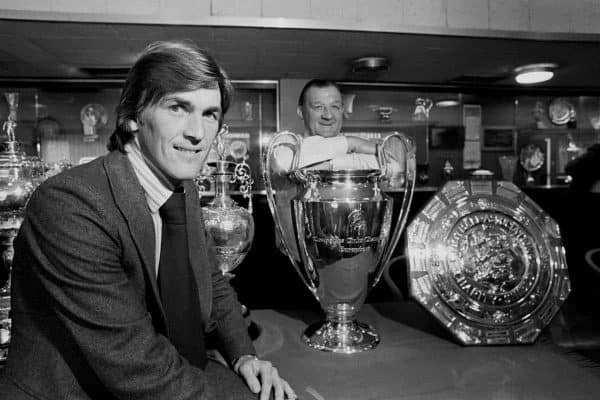
Despite having faced the all-mighty task of being the man to directly step into the position vacated by Shankly, Paisley would go on to become a legend in his own right, with Dalglish aptly saying, “there will never be another like him.”
A motivator and a humble genius, and one whose achievements see him rightly regarded as the best and most successful manager in English football.
And a name forever synonymous with Liverpool Football Club.
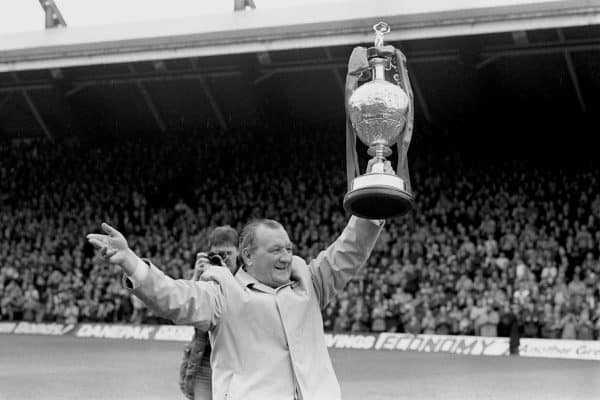
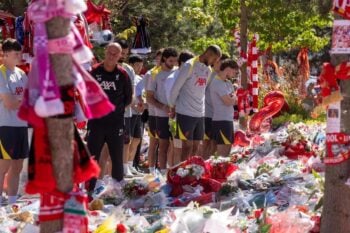
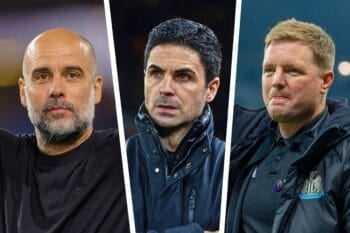


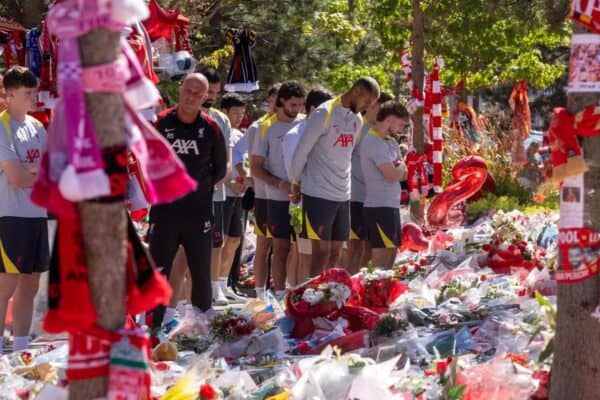
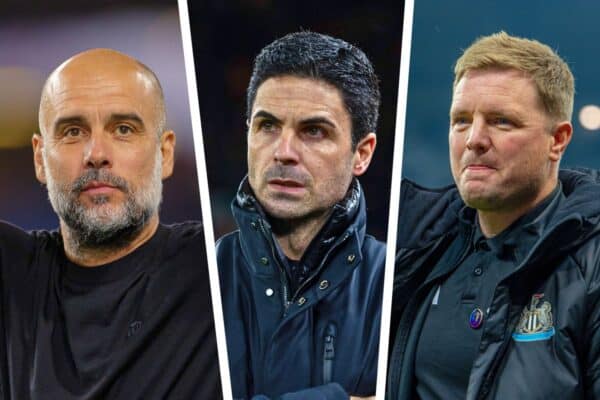









Fan Comments